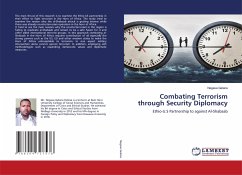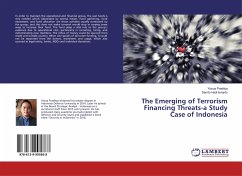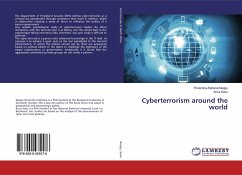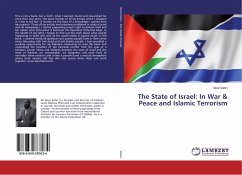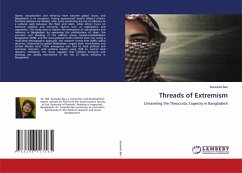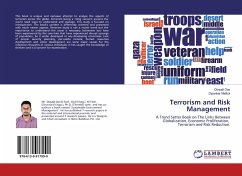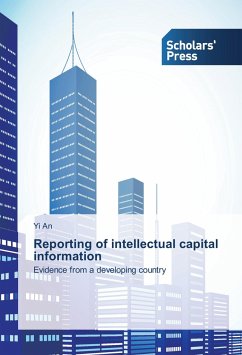
Intellectual Security Strategy to Confront Terrorism and Extremism
Its Impact on Human Security in the Arab-African Depths. Somalia Case Study
Versandkostenfrei!
Versandfertig in 6-10 Tagen
29,99 €
inkl. MwSt.

PAYBACK Punkte
15 °P sammeln!
This study deals with the topic of "Intellectual Security Strategy to Confront Extremism, Violence and Terrorism in the Arab-African Strategic Depth", by focusing on studying the case of Somalia during the period 1991-2023, which has influential extensions in this depth. The importance of this study comes in its dealing the phenomenon of extremism and terrorism in Somalia, which has taken on deep-rooted dimensions and forms, and has eluded studies and research, especially in the absence of policies and strategies that could lead to finding opportunities for a solution. Accordingly, the study a...
This study deals with the topic of "Intellectual Security Strategy to Confront Extremism, Violence and Terrorism in the Arab-African Strategic Depth", by focusing on studying the case of Somalia during the period 1991-2023, which has influential extensions in this depth. The importance of this study comes in its dealing the phenomenon of extremism and terrorism in Somalia, which has taken on deep-rooted dimensions and forms, and has eluded studies and research, especially in the absence of policies and strategies that could lead to finding opportunities for a solution. Accordingly, the study aimed to identify the reasons that contributed to the spread of terrorism and extremism and its movements, such as the emergence of an extremist movement such as "Al-Shabaab Al-Mujahideen", and its connection to the lobby of similar movements in the Arab world in general and the Arab-African world in particular. Although the Arab society, of which Somalia is a part, is characterized by a society whose people enjoy civil peace and cultural homogeneity. The Somali case is more special as it is characterized by the unity of religion and language.






